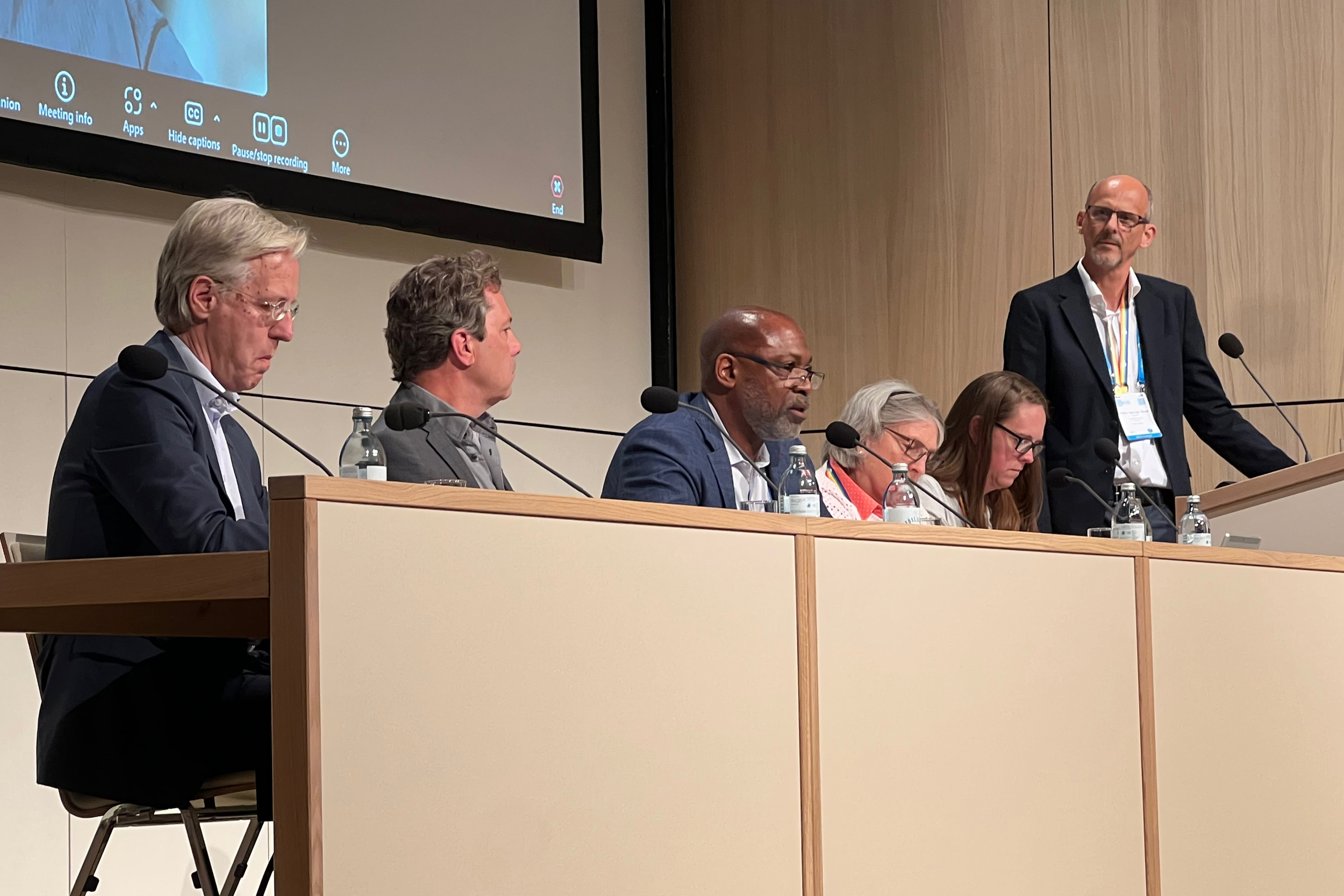Scientific Community Rallies: Global Scholars Unite Against Academic Suppression

In a powerful demonstration of international scientific collaboration, over 800 leading American researchers converged at the European Geophysical Union's annual conference in Austria. The gathering brought together some of the most brilliant minds in environmental science to share groundbreaking research on critical global challenges, including climate change, environmental pollution, and emerging ecological trends.
The conference served as a crucial platform for scientists to exchange cutting-edge insights, presenting innovative studies that shed light on the most pressing environmental issues of our time. Researchers from diverse disciplines united to discuss their latest findings, highlighting the urgent need for comprehensive understanding and proactive solutions to environmental challenges facing our planet.
By bringing together such a significant number of experts, the conference underscored the global scientific community's commitment to addressing complex environmental problems through collaborative research and shared knowledge.
